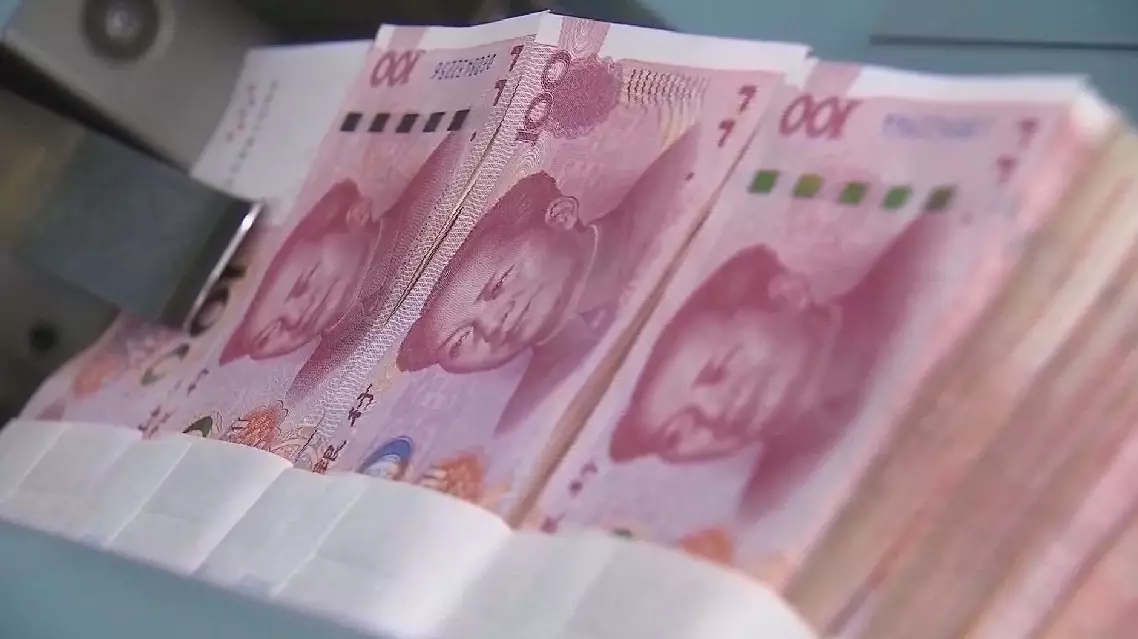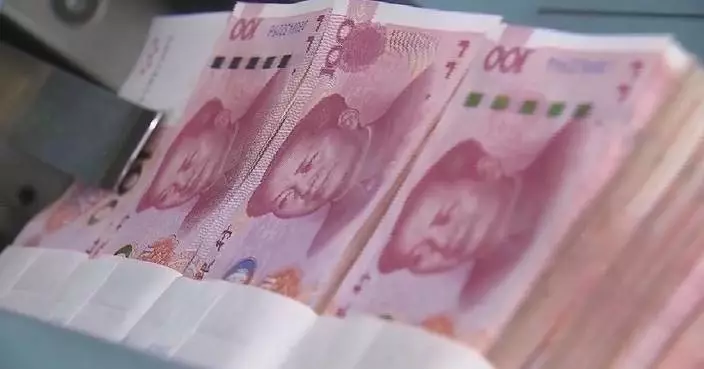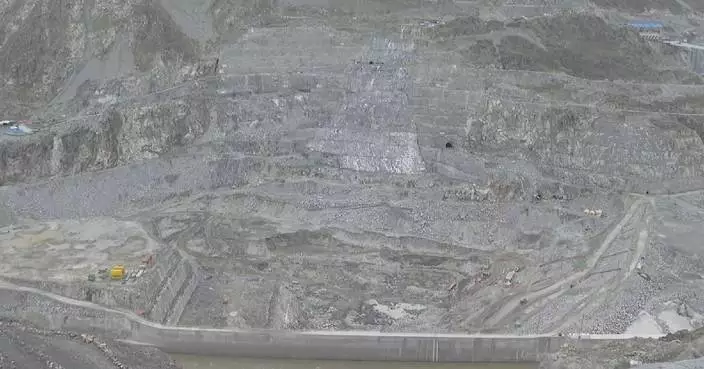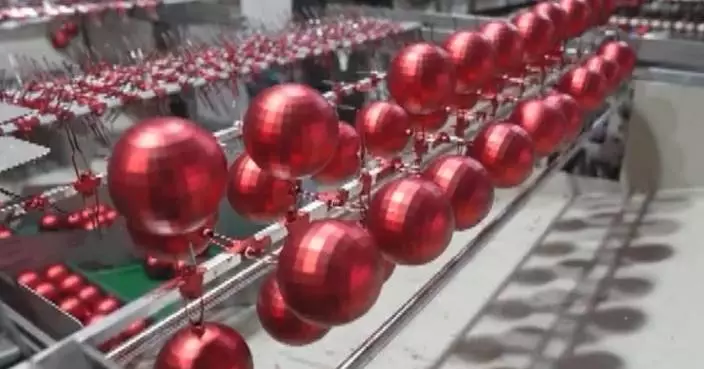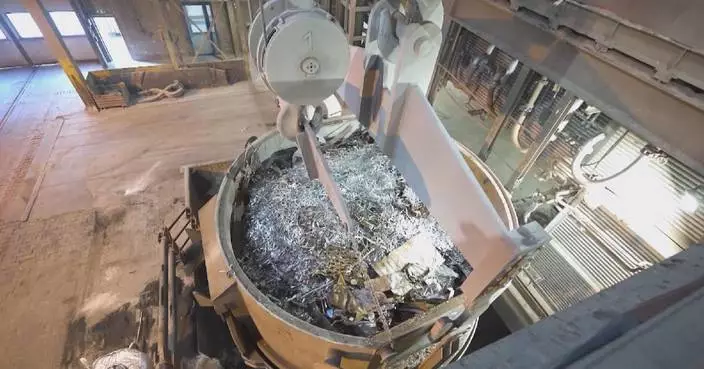Chinese Shenzhou-20 astronauts will conduct three new life science experiments during their stay at the China Space Station, the China Manned Space Agency (CMSA) announced on Wednesday. The launch of the Shenzhou-20 spaceship is scheduled for Thursday.
The samples and equipment for the new experiments weigh approximately 28 kilograms, including samples such as planarians, zebrafish, and streptomyces, said Lin Xiqiang, deputy director and spokesman of the CMSA, when briefing the press on the spaceship launch.
The experimental projects will focus on exploring the impact of space microgravity and radiation on planarian regeneration and its underlying mechanisms, studying the regulatory mechanisms of protein homeostasis in weightlessness-induced bone loss and cardiac remodeling, and investigating the impact of space microgravity on microorganisms and the mechanisms.
"Weightlessness-induced bone loss and cardiac remodeling are significant medical challenges for deep-space exploration. The zebrafish experiment, based on the zebrafish-golden algae ecosystem established during the Shenzhou-18 mission, will investigate the impact of microgravity on protein homeostasis in higher vertebrates and clarify its regulatory role in bone loss and cardiovascular dysfunction caused by weightlessness," said Lin.
"Planarians possess remarkable regenerative capabilities. The planarian regeneration experiment, conducted for the first time in China, aims to further understand the fundamental mechanisms of regeneration at the organism level. The findings could help address health issues related to human space injuries," Lin said.
"Streptomyces is vital in improving soil, boosting plant growth and resilience, and supporting ecosystem development and stability. This experiment will study the expression patterns of microbial bioactive substances and enzymes with significant application value in the space environment, laying the foundation for developing microbial applications and products using space environment resources," he said.
To date, over 200 scientific and application projects have been successfully conducted on China's space station, with findings regularly released to the public.
The Shenzhou-20 crew will carry out 59 additional space science experiments and technology tests in fields such as space life science, microgravity physics, and new space technologies, with potential breakthroughs in cultivation of vascularized brain organoid chips, soft matter non-equilibrium dynamics, and high-temperature superconducting material preparation, according to the press briefing.
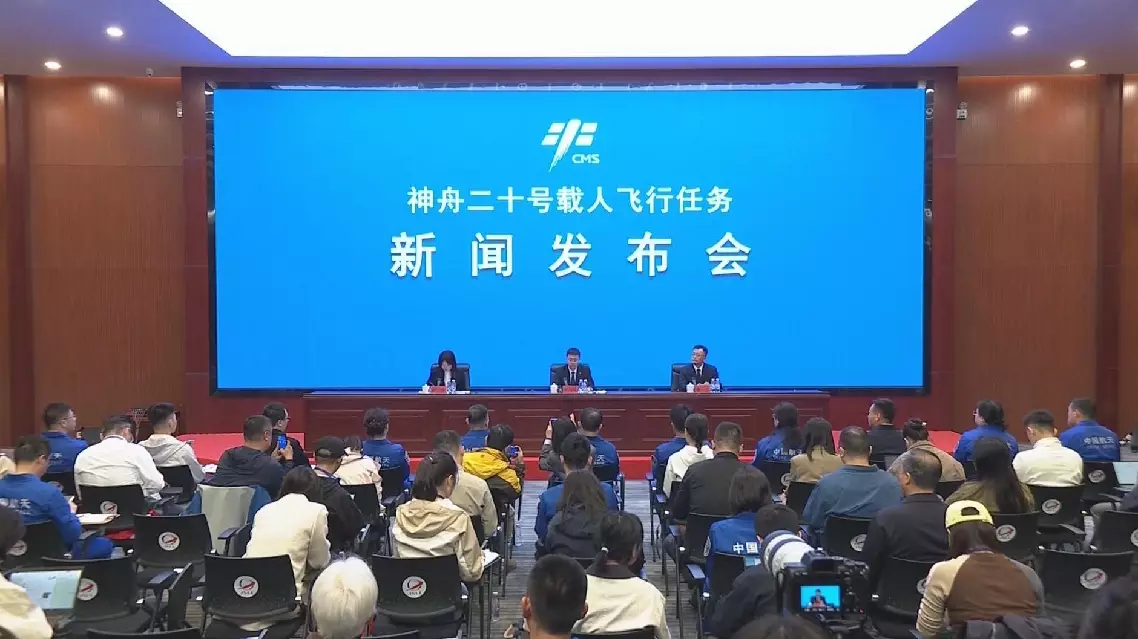
China's Shenzhou-20 astronauts to conduct 3 new life science experiments in space station



